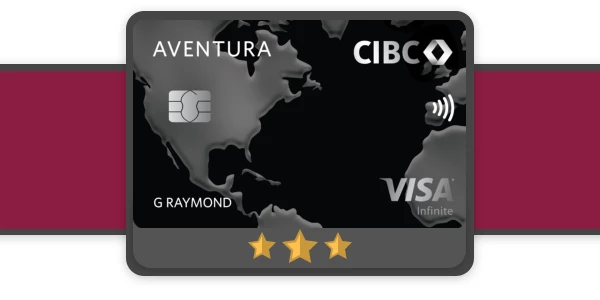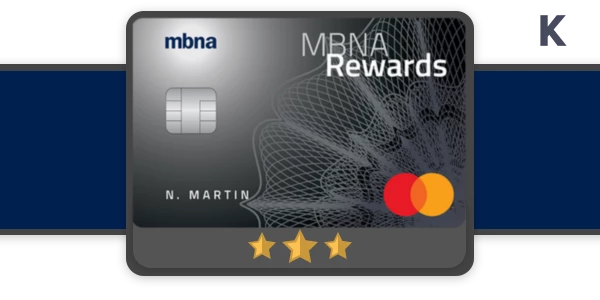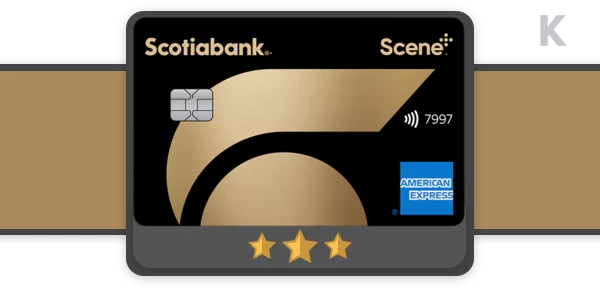Are you a student residing in Canada aiming to establish your credit history in your financial life journey? Student credit cards offer an opportunity to kickstart your path. In this article/blog post piece of writing today, we will delve into all the details, about student credit cards available in Canada and share effective tips, on how to build your credit responsibly.
Introduction to Student Credit Cards
Student credit cards cater to college and university students, in Canada with the aim of aiding them in establishing their credit history and handling their finances effectively. If you’re just starting out with credit options a student card serves as a move, toward gaining financial autonomy.
Student credit cards typically come with requirements compared to regular credit cards and are designed for individuals, with a limited credit history or income levels to make approval easier to attain early in their credit-building journey.
Why Get a Student Credit Card?
Acquiring a student credit card comes with advantages.
- Build Credit History: Establishing a credit history early can help you in the future when applying for loans or mortgages.
- Manage Finances: A credit card can help you manage your expenses, especially for essential purchases like textbooks or supplies.
- Rewards and Benefits: Many student credit cards offer rewards, such as cashback or travel points, which can be advantageous for students.
- Emergency Fund: A credit card can serve as a backup in case of unexpected expenses, providing peace of mind.
For more information on managing finances as a student, check out our post on how to build credit from scratch.
Understanding Supplemental Credit Cards
Parents frequently provide their children with a credit card attached to the account holder’s credit card, for better expense management purposes; however, using a supplementary credit card does not contribute to enhancing the user’s credit history but rather impacts the primary cardholder’s credit standing.
To improve your credit score effectively and build a credit history of your own choosing a credit card is crucial instead of relying on a supplementary card that does not contribute to establishing your credit profile.
The Role of Prepaid Credit Cards
Prepaid debit cards offer an alternative, for students; however, they operate in a manner compared to student credit cards. You need to load money onto the card before making any purchases with it. Even though they assist in controlling your expenses it’s important to note that prepaid cards do not have any impact or influence, towards building your credit score over time.
Some prepaid cards now offer features that claim to report to credit bureaus, but they often come with monthly fees. If your goal is to build credit, it’s generally better to opt for a student credit card instead. For more details on credit card options, visit our guide on understanding credit card fees.
Eligibility Requirements for Student Credit Cards
Prior, to seeking a student credit card application approval, it’s important to understand the qualifications needed for eligibility.Here are the typical standards;
- You must be the age of majority in your province (18 or 19 years old).
- You need to be a Canadian citizen, a permanent resident, or an international student with a valid study permit.
- A valid Social Insurance Number is required.
- You must provide proof of enrollment in a post-secondary institution.
- Proof of income is necessary, which can include student loans, scholarships, or part-time employment.
Make sure to review the details, for each credit card as they may have varying requirements to consider when applying and improving your chances of approval.
If you want to learn more about how to apply for credit cards, check out our post on how to apply for credit cards online.
How to Apply for a Student Credit Card
Getting a student credit card is pretty simple. You can apply online easily. Choose to do it over the phone or, in person, at banks! Here’s a handy guide to walk you through it;
- Gather Required Documents: You’ll need your Social Insurance Number, proof of enrollment in a post-secondary institution, and proof of income.
- Choose a Card: Research student credit cards to find one that fits your needs. Look for features like no annual fees and rewards programs.
- Fill Out the Application: Complete the application form with accurate information. Be honest about your income and financial situation.
- Submit Your Application: Once you’ve filled it out, submit your application. If applying in person, bring your documents with you.
- Wait for Approval: After submission, the bank will review your application. This can take a few minutes to a few days.
For more tips on navigating credit applications, check out our post on how to apply for credit cards online.
Credit Limits for Students
Upon receiving your student credit card account statement for the time you may observe that the credit cap is somewhat constrained compared to other types of credit cards available, in the market which usually offers higher limits ranging from $500 to $1000 This limitation stems from being a student with minimal or no prior credit background Here is an overview of what you can anticipate Expect these limits due, to your current student status and limited credit experience
- Initial Limit: Expect a limit on the lower end as you start building your credit.
- Increasing Your Limit: If you pay your bills on time and manage your credit responsibly, you may request a limit increase after a few months.
- Impact of Credit Score: A higher credit score can lead to higher credit limits. Monitor your score to see improvements.
Understanding credit limits is vital. They help you manage your spending and ensure you don’t get into debt. For more on credit scores, visit our article about credit scores in Canada.
The Importance of Monitoring Your Credit
Keeping track of your credit is important when you’re a student. Here’s why;
- Track Your Progress: Regularly check your credit score to see how your financial habits affect it.
- Catch Errors Early: Mistakes on your credit report can hurt your score. Spotting them early allows you to dispute inaccuracies.
- Prevent Identity Theft: Monitoring helps you notice any unfamiliar accounts or inquiries that could signal fraud.
Consider using free services like Borrowell or Credit Karma for easy access to your credit scores. For more information about managing your credit effectively, check out our guide on how to pay off credit card debt.
Alternative Ways to Build Credit as a Student
When it comes to establishing credit as a student using credit cards can be beneficial. However, it’s worth considering approaches well.
- Utility Payments: Paying your cell phone or internet bills on time can help build your credit history.
- Rent Payments: Some landlords report rent payments to credit bureaus, which can positively impact your score.
- Secured Credit Cards: If you struggle to get a student card, consider a secured credit card. These require a deposit but can help you build credit.
For more details on secured credit cards, read our post on secured vs. unsecured credit cards.
Choosing the Right Student Credit Card
Selecting the student credit card is crucial, for your well-being, in the long run. Here are some suggestions to assist you in making a decision;
- No Annual Fees: Look for cards that don’t charge annual fees to save money.
- Rewards Programs: Consider cards that offer cash back or points for everyday purchases, which can add value.
- Low-Interest Rates: Check the interest rates for purchases and cash advances if you plan to carry a balance.
- Additional Benefits: Some cards offer perks like travel insurance or discounts, which can be beneficial.
Remember, the card you choose now could be one you keep for years. Make sure it aligns with your future financial goals. For more insights on selecting the ideal card, visit our guide on how to choose the best credit card for your lifestyle.



